I originally published this post in 2020 in the middle of the pandemic to highlight books that had come out very recently at the time. I was working from home at the time and reading a lot in the evenings. But I was also concerned, as many people were, about whether books that were published that year would get adequate attention given that no one could really go on book tours—a significant part of raising awareness about a new book.
Looking back over this list a little more than two years later, I can confidently say that this list holds up. Each of these books remains essential to my own library. They are easy to recommend to anyone interested in digging deeper. None of them have gone out of style. That’s why I’m reposting this list below.
Another minor programming note as to why I’m re-posting this. I recently moved my website from Squarespace to a much simpler (and cheaper) static site, partly because I don’t like paying out the nose for Squarespace and because I wanted something much simpler. It’s not like people are visiting my website constantly; it’s really just there for reference purposes. I migrated a select few blog posts from the old website to the new one (the URLs are exactly the same), but just the posts with a certain minimum amount of traffic. However, I did save the old posts, so in the unlikely event that you are looking for something that didn’t get migrated, you can email me for copies.
Without further ado, here are seven books about immigration that I highly recommend, along with a short justification of why I think it’s important to read more substantive books in the first place.
Begin original post.
Three in four Americans say that immigration is extremely important or very important in the 2020 election (Gallup poll). In the past few years, news outlets have reported on workplace immigration raids, family separation, exploitation among migrant farmworkers, prolonged detention, and travel bans just to name a few. As a geographer who studies immigration, I find myself both in the middle of the news (I’m often on the phone with journalists who use our research) and also trying to keep up with the fast-paced world of immigration news.
But keeping up with the news alone is not enough to impart real understanding about immigration. You’ll get stories from this week, sure, but you won’t get a more careful analysis of the context of those stories. Nor will you develop more critical frameworks for thinking about immigration.
That’s where good books about immigration come in, well-researched books from respected scholars who are also great communicators and writers. As an immigration researcher myself, I read dozens of books a year just on immigration. Out of all of those books, here are my top seven picks for understanding immigration in 2020. More than just great books in their own right, each of these books has numerous direct tie-ins with current events, which means they will be practical and useful for readers no matter your current level of knowledge of immigration.
If you have suggestions or recommendations, please feel free to add them in the comments below. If you choose to buy one of these books, please purchase responsibly from the author’s website, direct from the publisher, or through your local bookstore. And remember that these are tough times for authors, so if you like their work, tell your friends, share them on social media, and give away their books as gifts.
The Dispossessed: A Story of Asylum at the US-Mexico Border and Beyond by John Washington
Washington’s book is the story of Arnovis, an asylum-seeker from El Salvador. But it’s much more than just great journalism. It’s the best-written explanation I’ve ever come across of what asylum is, how we got it, and what’s wrong with our current asylum system. Incredibly readable with some unexpected twists and surprising historical detail. The Dispossessed is my new go-to recommendation for anyone new to asylum. Follow John on Twitter.
The New American Farmer: Immigration, Race, and the Struggle for Sustainability by Laura-Anne Minkoff-Zern
You may know that America’s food system depends on migrant farmworkers from south of the border. But did you also know that a growing segment of America’s farm owners are also immigrants? Laura-Anne uses first-hand research to talk about the challenges they face, the ways that our farming system makes these productive farm owners invisible, and how immigration enforcement makes them more vulnerable than native-born farm owners. Learn more about Laura-Anne’s work.
Migrating to Prison: America’s Obsession with Locking Up Immigrants by César Cuauhtémoc García Hernández
César is one of America’s best-known immigration lawyers and law professors, but he also has a knack for writing for the general public. Using first-hand experience and detailed research, Migrating to Prison explains how our enormous - and largely for-profit - immigrant detention system was created and why it fails to either protect immigrants’ human rights or reduce unlawful immigration. Follow César on Twitter.
Open Borders: In Defense of Free Movement, edited by Reece Jones
Some politicians use “open borders” as an insult. But where do borders come from, and what would it mean to live in a world without them? Reece’s edited book is chock-full of accessible chapters by a wide range of authors who approach borders through a critical lens. It’s less of a manifesto for demolishing borders today and more of a careful exploration of why borders may, in fact, cause more problems than they actually fix. Don’t take a position for or against borders until you read this. Follow Reece on Twitter.
Scratching Out a Living: Latinos, Race, and Work in the Deep South by Angela Stuesse
In 2019, ICE raided several chicken factories in Mississippi, the same factories where Angela conducted fieldwork for her book. Since then, she has been a key resource for journalists writing about exploitation in the chicken industry. Americans eat, on average, 92 pounds of chicken per year. Angela’s book explains how this industry creates a disposable underclass who are now fighting for their rights. Follow Angela on Twitter.
Banned: Immigration Enforcement in the Time of Trump by Shoba Sivaprasad Wadhia
Shoba’s book is one of the first to examine the wide-ranging immigration policies of the Trump administration. From implementing Muslim bans, speeding up deportations, separating families, and dramatically lowering the number of refugees allowed in per year, a lot has changed since 2017. (But, as Shoba discusses, perhaps less has changed than you might think.) Consider Banned as your crash-course in recent policy changes. Follow Shoba on Twitter.
No Friend but the Mountains: Writing from Manus Prison by Behrouz Boochani
Behrouz, a poet and refugee, was arrested on the high seas while he and fellow refugees attempted to land in Australia to seek asylum. He spent several years tapping out this book on his phone while detained on Manus Island in a prison run by the Australian government. Unlike the books above, No Friend but the Mountains is not really a study in policy, history, or law. It is a gripping story of vulnerability and humanity from the perspective of someone inside the system. It also provides perspective on events outside of the US (which could be a whole other reading list). Behrouz has since been released. Follow Behrouz on Twitter.

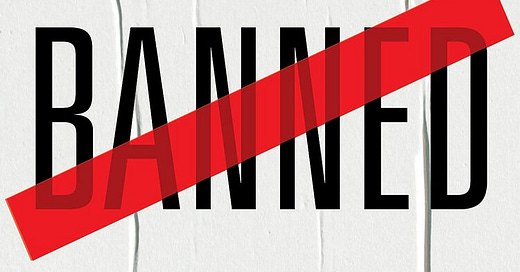


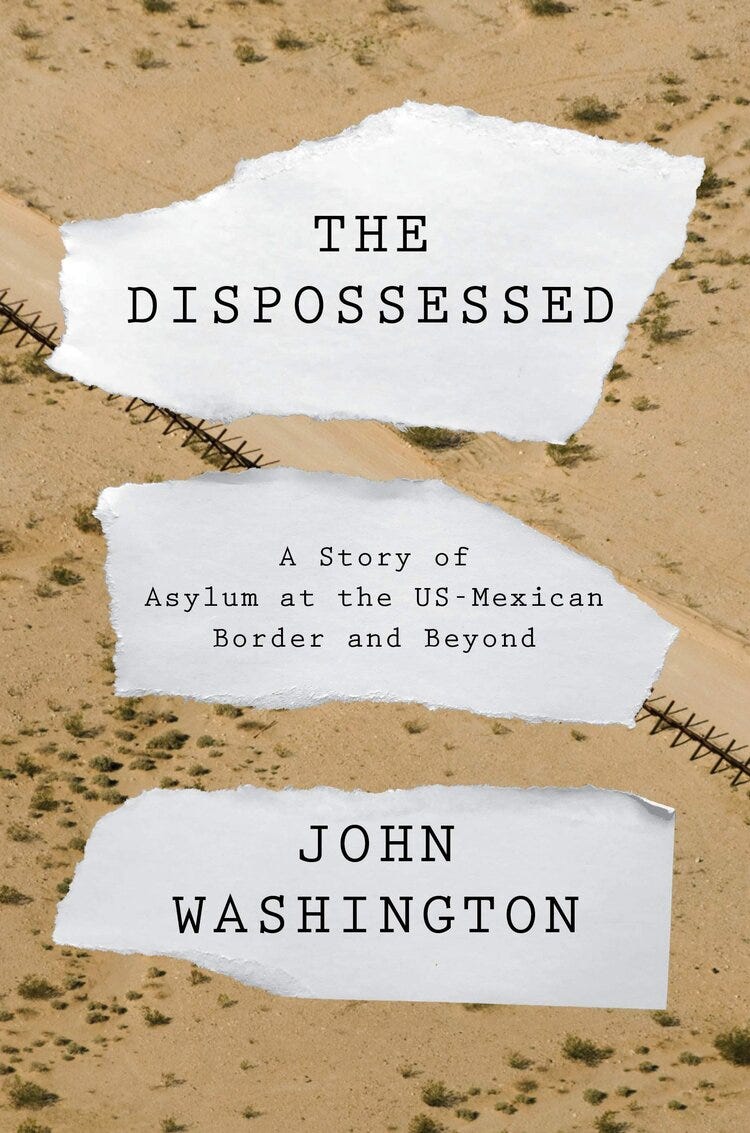
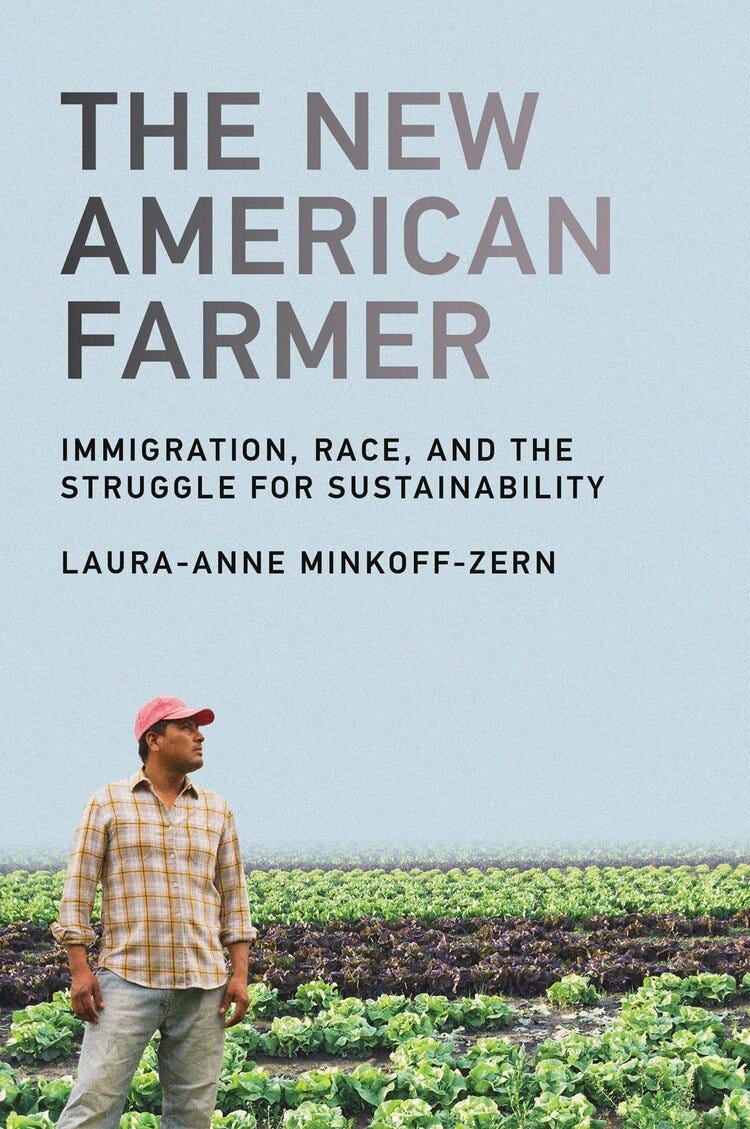
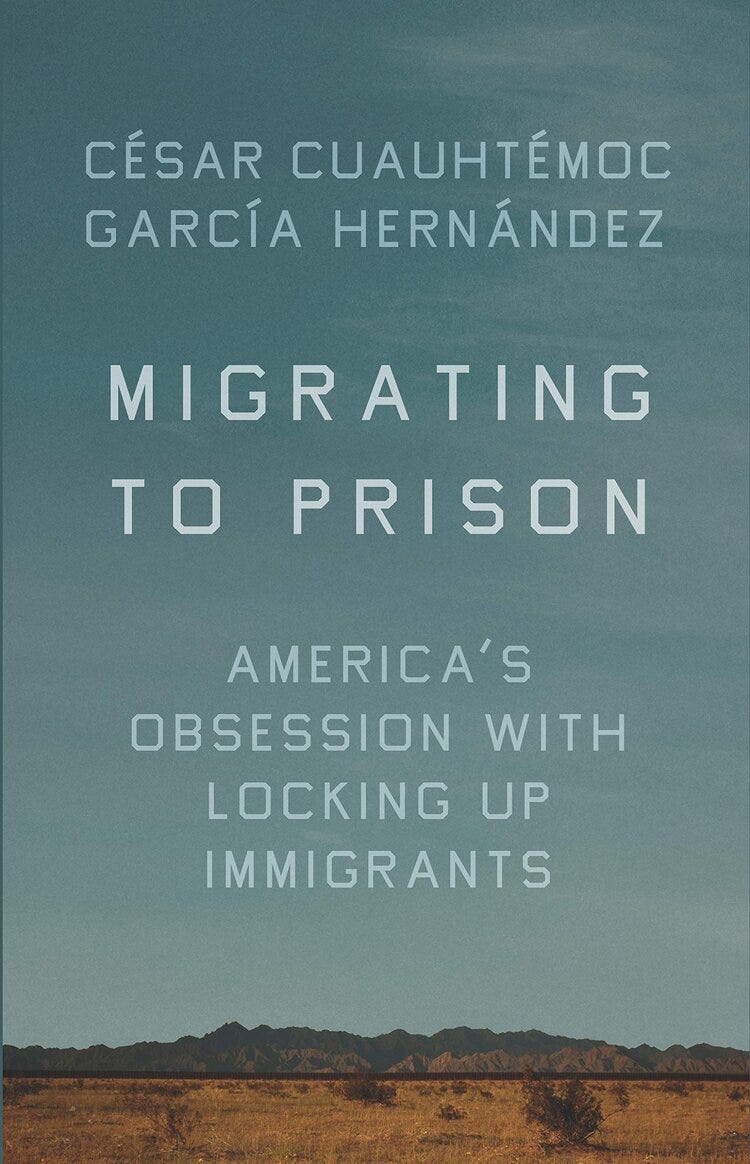
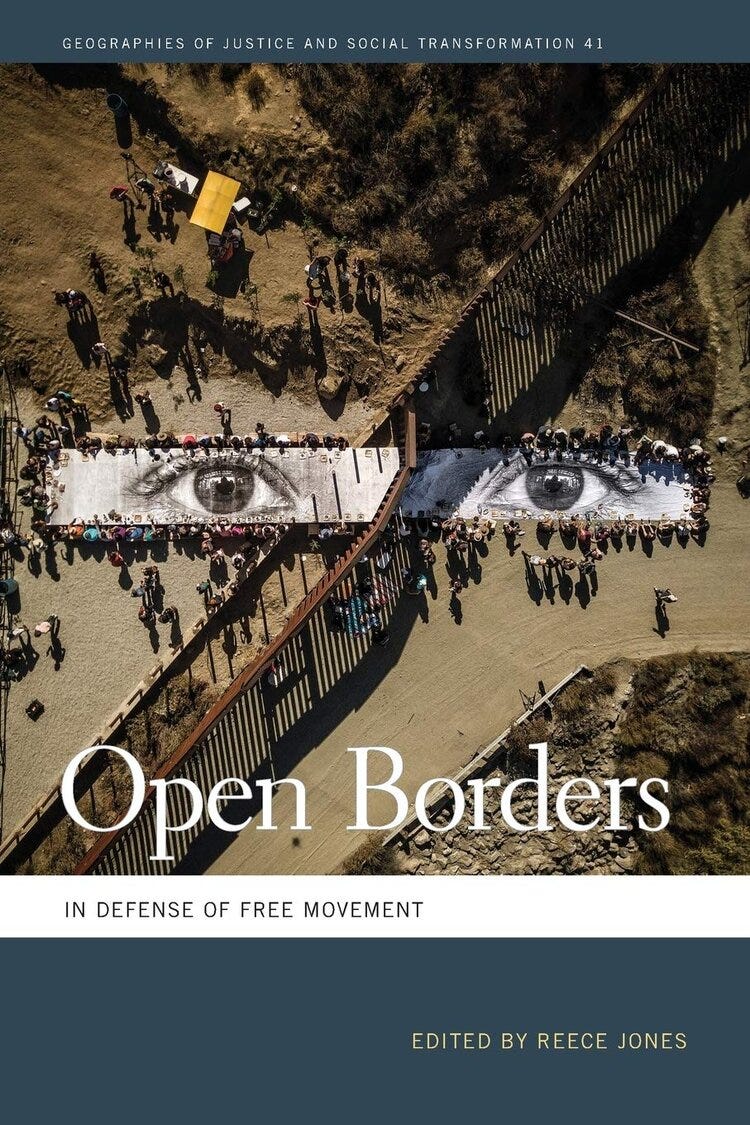
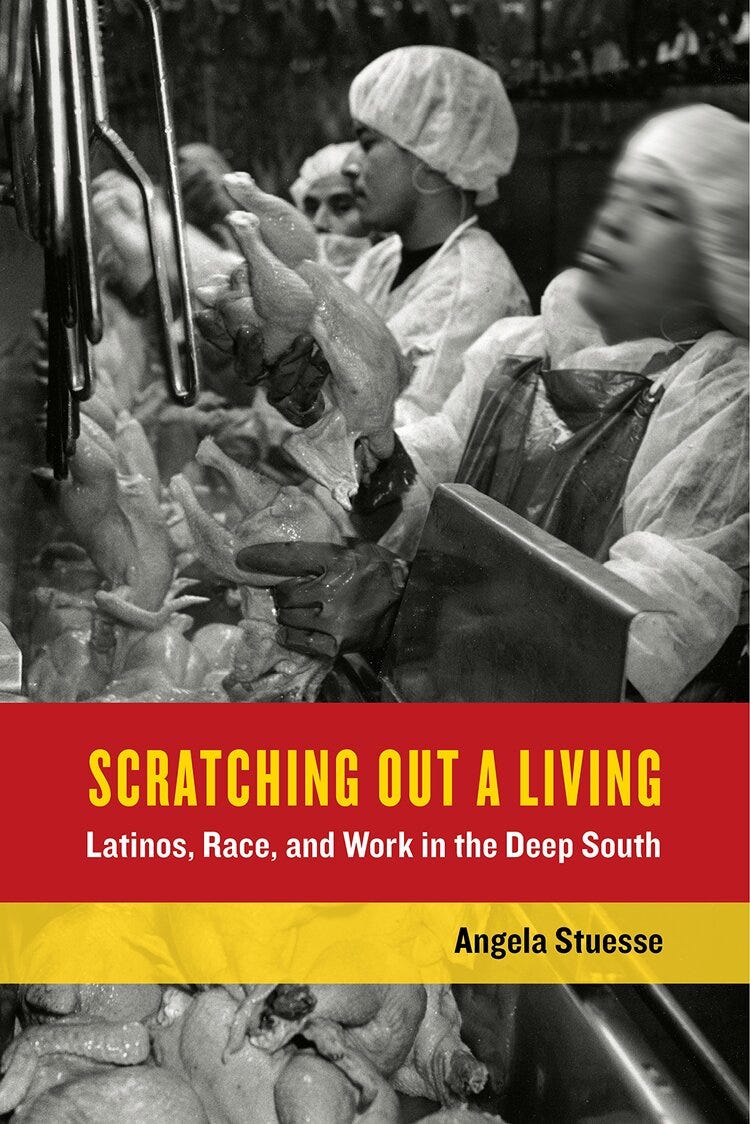
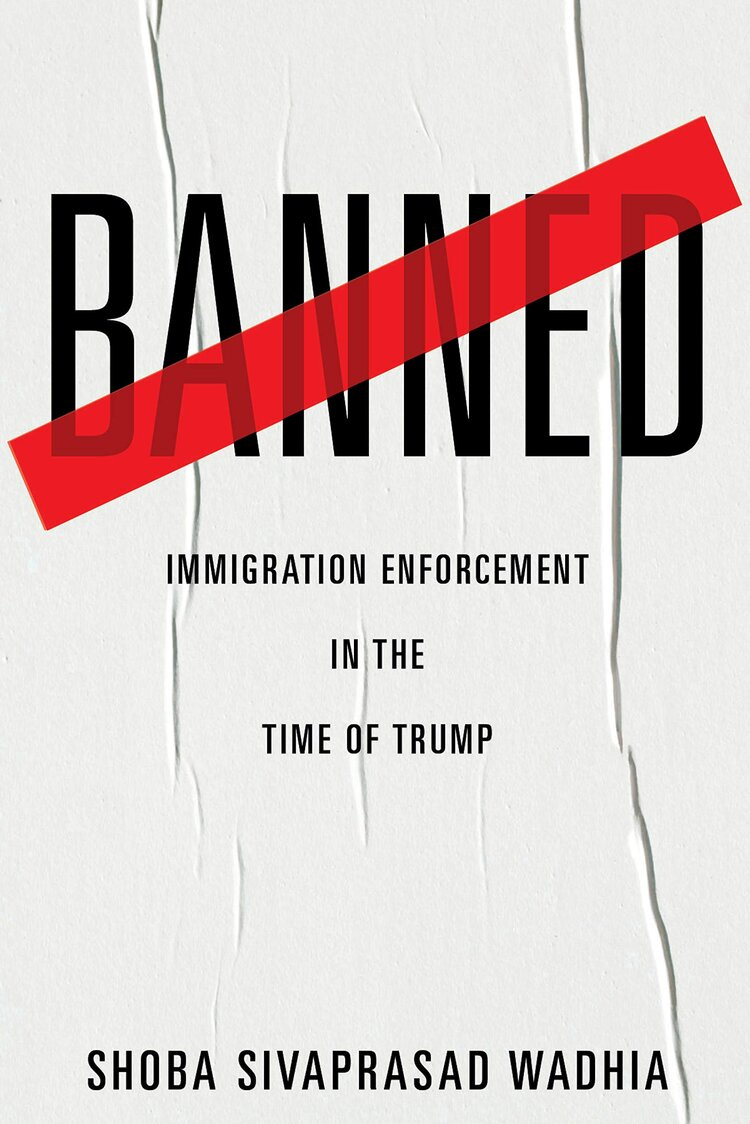
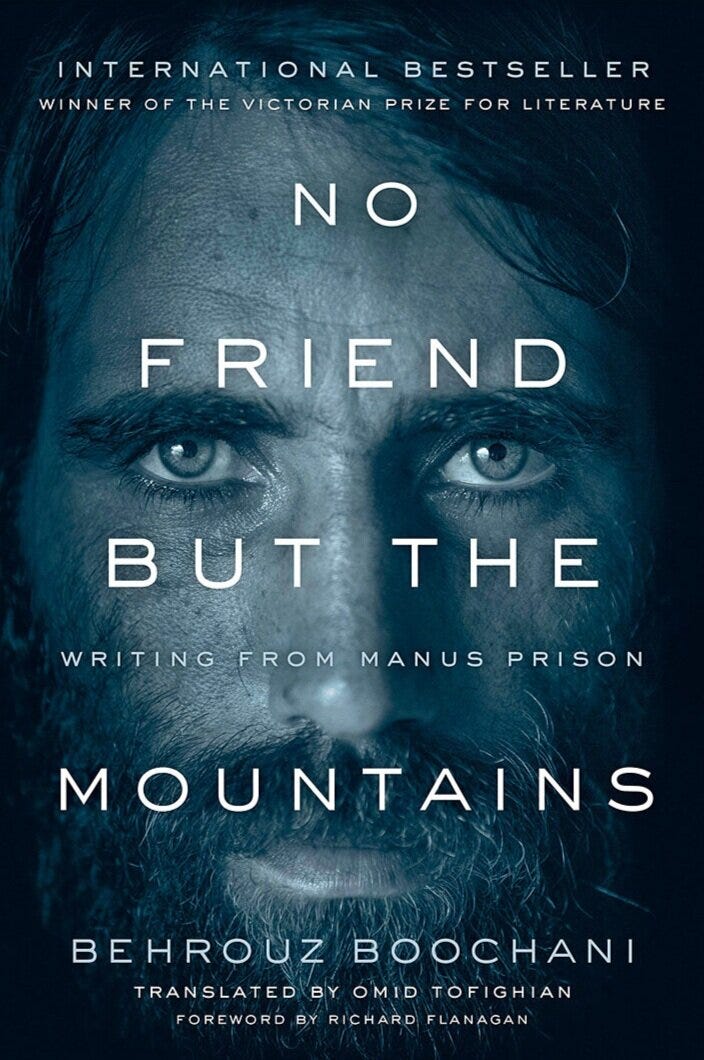
Laws Harsh as Tigers: Chinese Immigrants and the Shaping of Modern Immigration Law
Book by Lucy E. Salyer
You missed one: Jerry Kammer's "Losing Control: How a Left-Right Coalition Blocked Immigration Reform and Provoked the Backlash that Elected Trump." Likely dismissed by many who lean left because it was published by the right-leaning CIS. But by far the best book on the recent politics of immigration.
From my Amazon review: Kammer worked the immigration beat as a reporter for decades, and he spent years researching this book. It may upend every assumption you've ever made about immigration reform, but his thorough investigation and penetrating analysis will leave you more well-informed than almost anyone who hasn't read this book. You'll also be better equipped to participate in the ongoing political debates about immigration reform, and maybe by understanding what's gone wrong since IRCA in 1986 and why the right opposes any form of amnesty (even DACA) and why the left opposes employment verification, you might even be able to play a role in building the compromise that we need to create another IRCA—which is what Kammer wants, too; only one that makes good on the promise of employment verification.